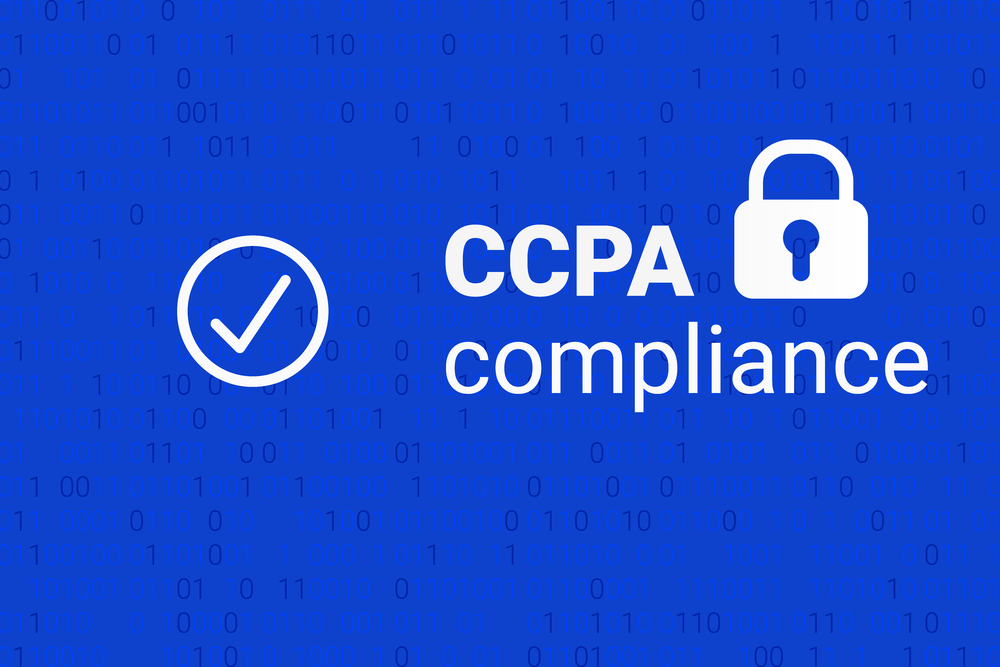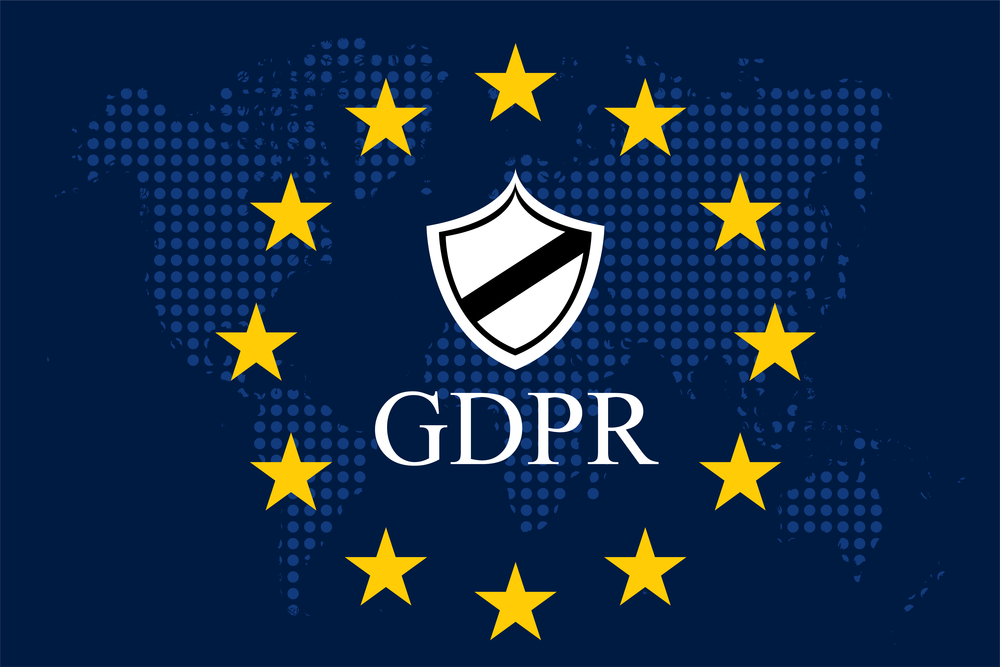Data Masking & Data Compliance Regulations
Staying Compliant under CCPA, GDPR, HIPAA, and PCI DSS
Organizations must comply with the latest data privacy regulations and security policies around collecting, storing, sharing, analyzing, processing, and archiving data.
As a result, data obfuscation and data masking have become a vital strategy in meeting compliance standards from regulations such as the California Consumer Privacy Act (CCPA), the General Data Protection Regulation (GDPR), the Payment Card Industry Data Security Standard (PCI DSS), and the Health Insurance Portability and Accountability Act (HIPAA).
These compliance standards broaden the categories of data sources that businesses must now safeguard from breaches, necessitating more thorough security measures.
Organizations need a data masking solution that not only helps meet these requirements, but also has the least negative impact on business operations, agility and profit.


Data Masking and the California Consumer Privacy Act (CCPA)
The CCPA establishes consumer privacy rights and business requirements in gathering and using personal information. The law applies to for-profit businesses that collect and control California residents’ personal information and meet certain thresholds.
Essentially, the law states that California consumers have a right to know what information is being gathered about them, they have the right to be forgotten if they request their information is deleted, and they have the right to control what happens to their data, opting out of their data being shared or sold.
For companies that use California consumer data, it is especially noteworthy that the CCPA allows consumers to sue an organization if their “nonencrypted or nonredacted personal information” has been breached – whether the consumer can prove if they were harmed or not.
Baffle’s data-centric masking and redaction approach to data protection can bring an organization into compliance with CCPA. This data protection approach also requires no application code changes or architecture modifications.
For more information on methods to accelerate and simplify compliance with Baffle for the CCPA download our free paper CCPA Compliance Simplified.
Data Masking and the General Data Protection Regulation (GDPR)
The European Union’s General Data Protection Regulation (GDPR) is another in a growing number of data privacy laws that are moving compliance to the top of the queue as a security priority.
GDPR establishes seven critical principles that providers must follow, or substantial penalties can be levied for non-compliance: lawfulness, fairness and transparency, purpose limitation, data minimization, accuracy, storage limitation, integrity, confidentiality, and accountability.
The GDPR expressly mandates adopting data security measures to secure sensitive information, such as data masking or data obfuscation. Data masking replaces sensitive data with “decoy” data that looks authentic. Only authorized users have access to the real data – so even when a breach occurs, the private data is still protected.
This article from Baffle’s CEO and co-founder, Ameesh Divatia explains how Baffle’s solutions help with compliance with regulations under the GDPR.

Data Masking and the Health Insurance Portability and Accountability Act (HIPAA)
HIPAA requires organizations to ensure that protected health information (PHI) is protected. Unfortunately, many organizations do not know that commonly used data encryption methods do nothing to actually protect data against data theft and hacks.
Medical records, laboratory reports and medical bills are all data that would be deemed PHI since they contain the patient’s name and/or other identifiable information and therefore need masked to comply with HIPAA.
And all of this data needs to be moved between multiple parties, such as staff, doctors, insurance companies, and even universities that use the data for research and testing.
Data-centric data masking and redaction will properly secure patient data and still allow the flow of information that is necessary for the health-care industry’s’ everyday operations:
- Protects the actual patient data values
- Addresses encryption and redaction of data
- Easily enables the “Right to Be Forgotten”
- Requires no application code changes or architecture modifications
Download this Baffle data sheet to learn more about how Baffle Data Protection Services can help you stay in regulatory compliance with all HIPAA guidelines.
Gramm-Leach-Bliley Act (GLBA) & Payment Card Industry Data Security Standard (PCI DSS)
Compliance regulations governing the financial sector, including the PCI DSS created in 2006 and the Gramm-Leach-Bliley Act (GLBA) passed by the senate in 1999, establish data security requirements for businesses that accept credit cards and regulate measures for the privacy and security of consumer information.
By masking sensitive data such as personally identifiable information (PII), including names, dates of birth, social security numbers, tax identification numbers, account information, and credit card numbers, data masking enables you to abide by these laws.
Data that is masked will retain the properties of the original data being masked, allowing it to be useful for testing, sharing, and production. In other words, even though a credit card number’s last four digits appear genuine, they are fake and cannot be used for unauthorized purchases.
Because of data masking, financial organizations like banks and insurance firms can continue to provide novel and individualized experiences for their consumers without jeopardizing their security.
Baffle helps organizations meet PCI compliance requirements for data migrated or used in the cloud and on-premises. For more information on Baffle’s data tokenization and how it relates to PCI DSS compliance, you can read this article: Data Tokenization Simplified.

Baffle - The Fastest and Easiest Way to Protect Your Cloud Data
Baffle helps ensure data privacy and compliance by limiting access and visibility to sensitive data values while supporting a broad range of data sets, formats, and types throughout the data masking process.
With Baffle, companies can build their own Data Protection Service layer to contain data at the source and enforce strong access controls. In addition, the Baffle Data-Centric Protection provides simplified data masking and exfiltration control to mitigate the risks of data leakage and bulk data breaches. The Baffle solution allows organizations to simplify data protection by masking data without any code modifications.
To learn more about successful strategies for managing privacy and data compliance join our Baffle Webinar: Strategies for Successful Privacy and Compliance Management
In this webinar, EMA analyst and managing director Chris Steffen joins Baffle CEO, Ameesh Divatia, to share insights and best practices employed by leading organizations to accomplish not only strong privacy and compliance but also achieve competitive differentiation as a result.
We will discuss:
- Findings from the latest compliance research
- Data challenges - ownership, discovery, classification, policy enforcement
- Effective strategies for data protection controls in hybrid cloud environments
- Technology innovations to streamline privacy programs
- Actionable plans you can start implementing today
Our Solution
Baffle delivers an enterprise-level transparent data security platform that secures databases via a "no code" model at the field or file level. The solution supports tokenization, format-preserving encryption (FPE), database and file AES-256 encryption, and role-based access control. As a transparent solution, cloud-native services are easily supported with almost no performance or functionality impact.
Easy
No application code modification required
Fast
Deploy in hours
not weeks
Powerful
No impact to user
experience
Flexible
Bring your own key
Secure
AES cryptographic
protection
Schedule a live demo with one of our solutions experts to get answers to your questions